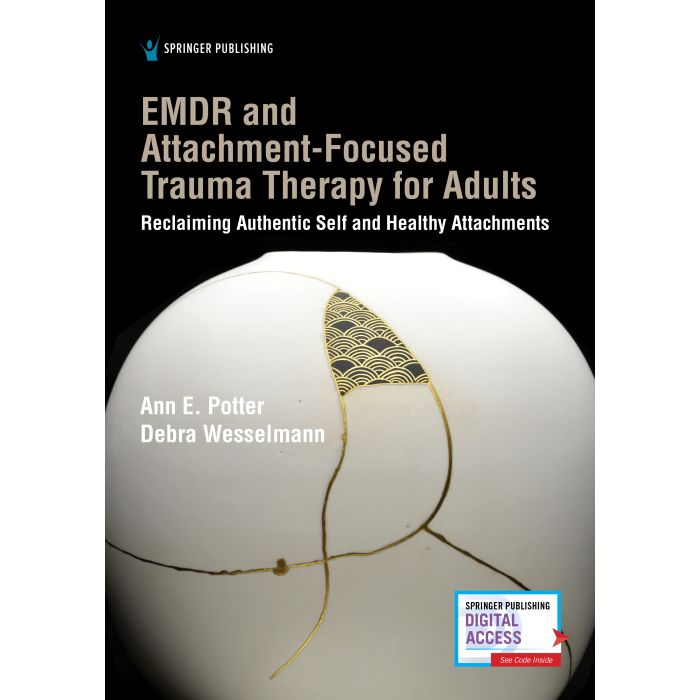Turning wounds into wisdom: Posttraumatic growth over the course of two types of trauma-focused psychotherapy in patients with PTSD
Comparison of Brief Eclectic Psychotherapy (BEP) and Eye Movement Desensitization and Reprocessing therapy (EMDR) for PTSD.
Article Abstract
“Background: Treatment studies in PTSD patients have mostly focused on adverse psychopathological outcomes whereas positive outcomes have received less attention. Objectives of this study were to investigate posttraumatic growth in response to two different psychotherapies, to examine the relationship between symptom improvement and growth, and to determine if posttraumatic growth predicted treatment response.
Methods: Outpatients diagnosed with PTSD after various types of trauma (n = 116) participated in a randomized controlled trial that compared Brief Eclectic Psychotherapy for PTSD (BEP) and Eye Movement Desensitization and Reprocessing therapy (EMDR). Posttraumatic growth was assessed pre- and post-treatment. PTSD severity was measured weekly.
Results: Posttraumatic growth scores significantly increased after trauma-focused psychotherapy, as well as scores in the subdomains personal strength, new possibilities, relating to others, and appreciation of life. Greater self-reported and clinician-rated PTSD decline was significantly related to greater increase in posttraumatic growth. No changes were found between treatment conditions, except for a stronger correlation between PTSD symptom decrease and increase in relating to others in BEP as compared to EMDR. No predictive effects were found.
Limitations: We were unable to control for time effects because for ethical reasons, no control group not receiving treatment was included, and the stability of the changes could not be determined.
Conclusions: Findings indicate that increases in posttraumatic growth accompany symptom decline in EMDR and BEP, and that these changes occur independent of whether the treatment specifically addresses posttraumatic growth as therapeutic process. Further research is encouraged to disentangle the contribution of therapeutic elements to growth.”
—Description from publisher
Article Access
Purchase/Subscription Required
Nijdam, M. J., van der Meer, C. A. I., van Zuiden, M., Dashtgard, P., Medema, D., Qing, Y., Zhutovsky, P., Bakker, A., & Olff, M. (2018). Turning wounds into wisdom: Posttraumatic growth over the course of two types of trauma-focused psychotherapy in patients with PTSD. Journal of Affective Disorders, 227, 424-131. https://doi.org/10.1016/j.jad.2017.11.031
Date
February 1, 2018
Creator(s)
Mirjam J. Nijdam, Christianne A.I. van der Meer, Mirjam van Zuiden
Contributor(s)
Pasha Dashtgard, Daniël Medema, Yulan Qing, Paul Zhutovsky, Anne Bakker, Miranda Olff
Topics
PTSD
Practice & Methods
Comparative Studies
Extent
8 pages
Publisher
Elsevier
Rights
© 2017 Elsevier B.V. All rights reserved.
APA Citation
Nijdam, M. J., van der Meer, C. A. I., van Zuiden, M., Dashtgard, P., Medema, D., Qing, Y., Zhutovsky, P., Bakker, A., & Olff, M. (2018). Turning wounds into wisdom: Posttraumatic growth over the course of two types of trauma-focused psychotherapy in patients with PTSD. Journal of Affective Disorders, 227, 424-131. https://doi.org/10.1016/j.jad.2017.11.031
Audience
EMDR Therapists, Other Mental Health Professionals
Language
English
Content Type
Article, Peer-Reviewed, RCT
Access Type
External Resource





